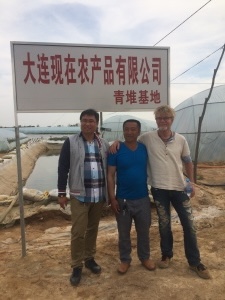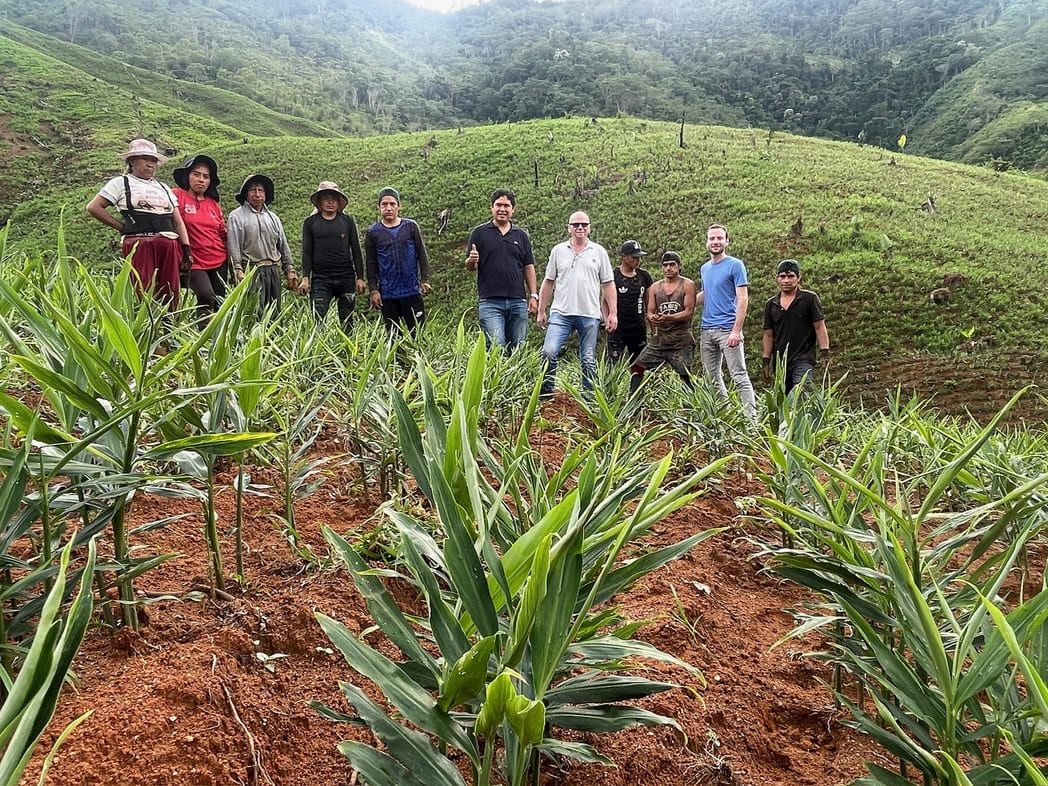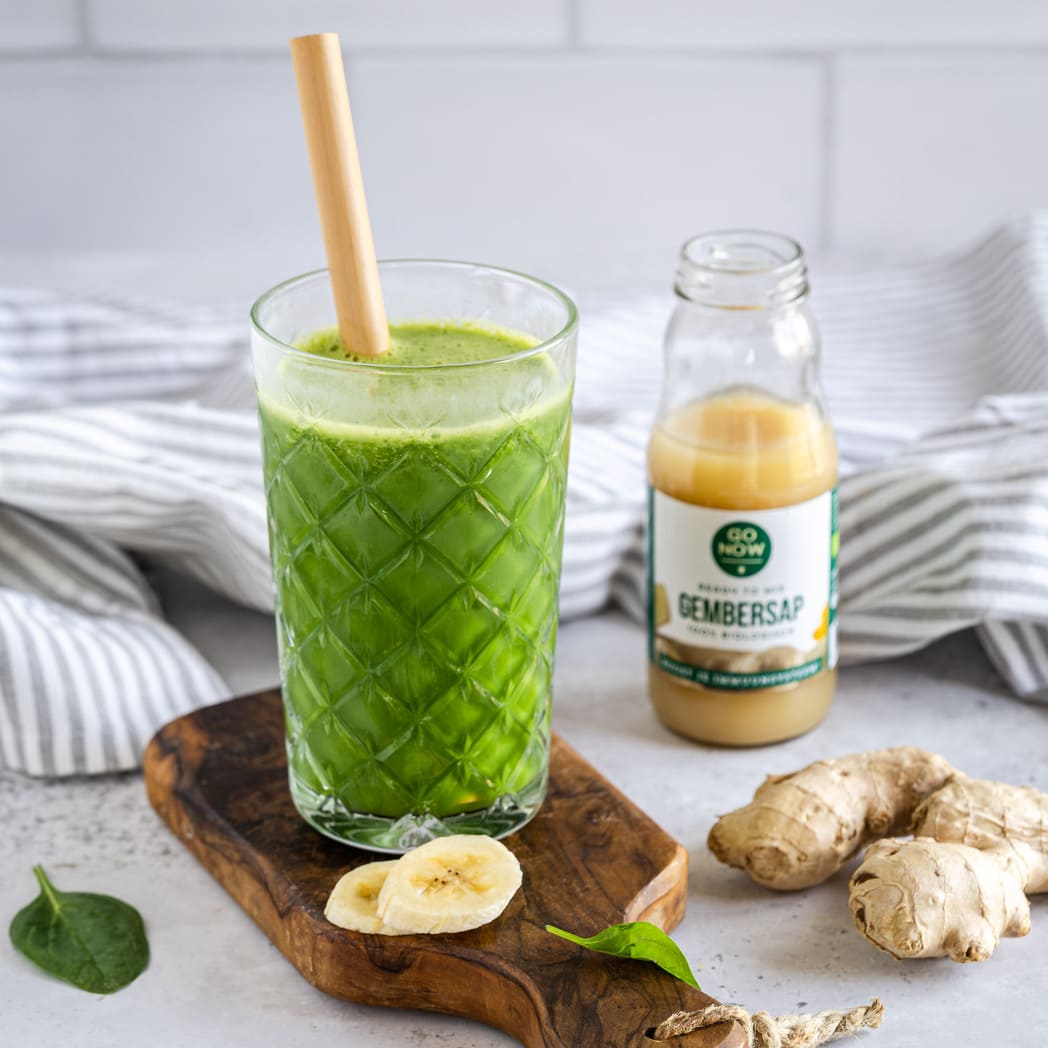Rob van Baal has been living and working in Dalian, China for eighteen years now. Inspired by a trip around the country, he left for the Asian country twenty-two years ago to learn the language. He is now responsible for the cultivation and processing of organic ginger. In his free time, he can often be found on the beach with a book or in the water.
“In 1997, I had sold my company and had nothing to do temporarily,” Rob begins. “A friend of mine wanted to set up a joint venture in China at that time. He asked if I wanted to join. I was very impressed by the trip, the culture, and life there. In Beijing, we saw a billboard with a picture of Heinan with a beautiful beach. I started to research it further and decided to enroll at the university to learn the language.”
When Rob returned to the Netherlands after graduating, his friend asked him again if he wanted to work in China. The answer didn’t take long. “I was ready for a new challenge and wanted to work in China. At that time, I processed organic products like pumpkin seeds and soybeans.” At the time, the unknown appealed to Rob the most. “Actually, it doesn’t matter much to me where I live, but now I live on top. I live by the beach and have my friends, sports, and bars at my doorstep.”
Now, Rob is the owner of NOW Organic. “We grow and trade organic ginger. In May, we plant the ginger, and in October, we harvest it. Then it goes to the factory where we wash, sort, and export it to the Netherlands. From the Netherlands, we export again, mainly to Germany, but also partly to southern Europe and England. Additionally, we process the ginger into juices in the Netherlands.” In his free time, Rob is often found on the beach with a book or in the water. He also enjoys cycling and cooking, and he drinks a beer from time to time. He now also has a Chinese partner.
Focus on results
The biggest differences with the Netherlands are the food culture and the focus that Chinese people have. “They consider food much more important in China than in the Netherlands and pay a lot of attention to it. When doing business here, it always happens over a meal. During the meeting, the food is also really discussed. Additionally, you notice that the Chinese are very focused on results. They really want to be the best at everything, which we as Dutch people have much less of. For example, children here go to school seven days a week from eight to five. After school, they also go to extra classes. Often, the school bags are bigger than the children themselves,” he laughs.
This focus is also something that Chinese people could learn from Dutch people, according to Rob. “Chinese people work very hard. Dutch people could learn from that!” And vice versa? “The creativity here is much less. That’s a big deficiency. I try to contribute to that in the factory by letting everyone participate in decision-making. They are not used to that here; there is much more authority. For example, at the beginning, they wanted to carry my suitcase and polish my shoes every time. But I just do that myself!”
Although it is a very different culture, Rob didn’t really have to get used to it. “There are no characteristics of Chinese people that I can’t get used to. Actually, you can compare Chinese people quite well to Dutch people. They are also carefree and hospitable, and they push in everywhere! What I miss about the Netherlands is the cheese. I do think that I will return to the Netherlands eventually. After all, my Dutch remains better than my Chinese.”



